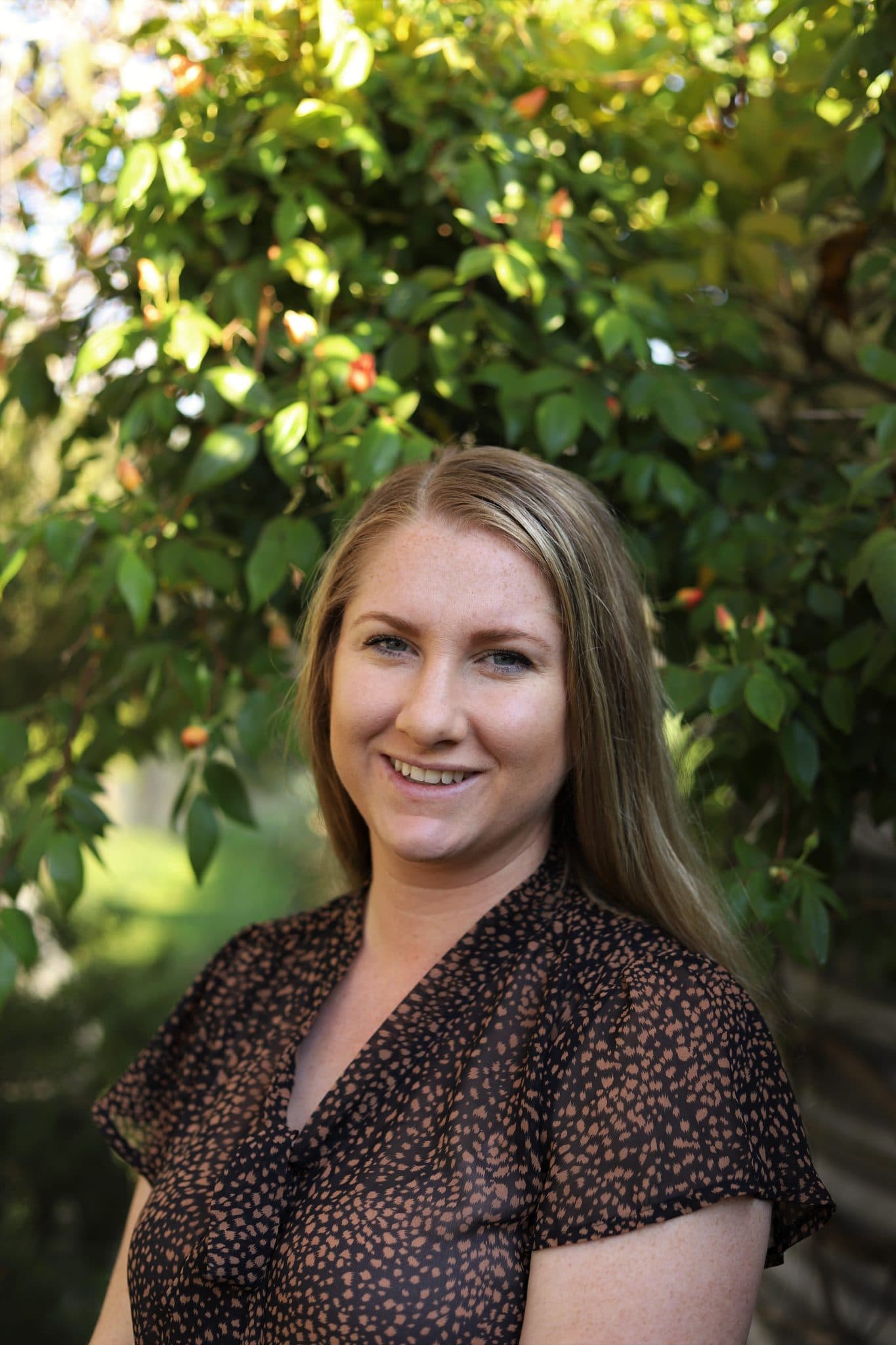“Emma has worked for AgriFutures Australia for the past fourteen months and her appointment builds on our commitment to these programs,” said Mr Smith who also thanked AgriFutures Managers, Lucinda Staley-McCrohon and Annelies McGaw for their contributions to the AgriFutures Ginger, Export Fodder and Pasture Seeds Programs, respectively.
Coming full circle
Emma’s passion for agriculture and rural development was instilled from a young age under the guidance of her “enthusiastic and innovative father” who was a cereal cropper and rice farmer at Deniliquin, NSW.
“My parents lived in Melbourne, but my Dad decided he wanted to be a rice farmer, so they up and moved to start farming,” said Emma.
“He went from working in an office in methods engineering, with very little farming background, to buying a piece of land at Deniliquin. In the 40-odd years they were farming there, Dad became known as an innovative rice farmer.”
“I think Dad’s innovation and approach sparked my drive to look for new and better ways to do things in agriculture”.
“Dad regularly participated in research trials. Funnily enough, I remember John Smith, my now boss at AgriFutures Australia visiting our farm when he worked for the Department of Primary Industries, (DPI) and now of course, I work with John.”
Research driving extension
Emma’s interest in rural issues and agriculture was consolidated with the completion of a Bachelor of Animal Science, graduating with first class honours, and a Master of Philosophy (Research) at Charles Sturt University (CSU).
Emma’s Master’s topic looked at the effects of omega-6 and omega-3 in the diets of Australian ewes at joining on the resulting lamb sex ratios.
Always interested in agriculture and animal production systems, Emma says Animal Science has been an “awesome, broad degree that has enabled me to tailor it to my interests.”
It has also helped drive Emma’s passion for working in developing countries where the need for effective and innovative research and extension strategies is paramount. Some of her previous work has been around improved management of grazing pastures, nutritional and breeding management of livestock, selection of breeding animals, and animal health strategies.
“I have been fortunate enough to be able to apply my broad skill set across a range industries and applications,” said Emma.
That skill set has led Emma to work on a research for development extension project in Pakistan funded by the Australian Centre for International Agricultural Research (ACIAR). Emma’s involvement in the project stemmed from a student visit to Pakistan in early 2008 where “she fell in love with extension and the people.”
“My work with farmers in Pakistan on marketing and value chains is centred around the aim of making sure everything we do is applicable and creates some sort of positive change for the farmers and their families,” said Emma.
“It can be something as small as teaching women farmers about dry matter composition and that feeding green forage to an animal doesn’t always meet their animal’s nutritional requirements, even though it may look like they’ve got plenty to eat. The application of that simple information can make a big difference to a smallholder farmer”.
Emma has also worked as a volunteer Farm Management Trainer for the Ministry of Agriculture and Fisheries in Samoa, and on a range of research projects at the Graham Centre for Agricultural Innovation and CSU.










